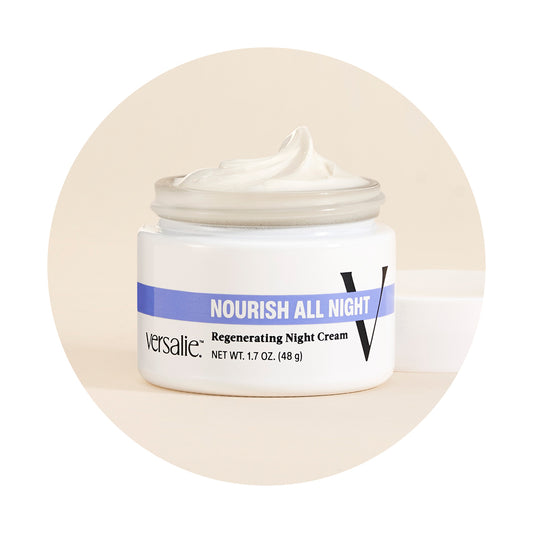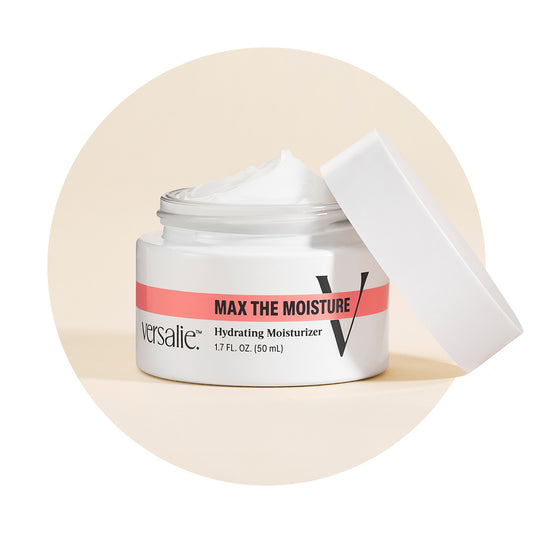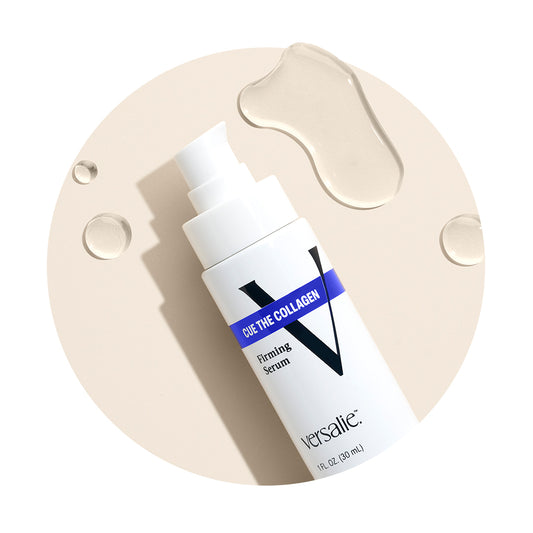Menopause is a time of transition, and it’s accompanied by a variety of physical and psychological changes. For those in their mid-30s to their 70s, menopause can also be a time of significant changes in body image. Body image is the combination of both physical and psychological factors. Taking a holistic approach to understanding and dealing with these changes can help you maintain a positive self-image and feel better.
What are some physical changes during menopause?
The physical changes during menopause are different for everyone. Many people notice changes in the way they look and feel. These physical changes can make many people feel uncomfortable and self-conscious, especially if you’ve gained weight or seen changes in your skin and hair. It can be hard to deal with these changes, especially if you’ve always been proud of your appearance. Easier said than done, but it’s important to remember that these changes are normal as you get older. They don’t make you any less beautiful or valuable. With support and a positive mindset, menopause can be a time of growth and self-acceptance.
Changes in body weight and distribution
One big change during menopause is weight gain, especially in the abdominal area. This happens because of hormone fluctuations and a slower metabolism. Many people notice their body shape changing, with more fat around the belly and a larger waistline. Some people call this “menopause belly”. It can be frustrating because it affects your wardrobe and how you feel about yourself.
It’s important to keep in mind that this is a natural part of aging, but there are things within your control to manage changes during menopause. Finding an exercise routine that works for your body and eating a balanced diet can help bolster your metabolism and maintain a healthy weight. Taking care of yourself and finding ways to reduce stress can also improve your overall health and well-being. By accepting these changes and taking a holistic approach to managing menopause, you can feel confident and comfortable in your own skin.

Changes in skin and hair
Changes in skin and hair are another common menopause symptom. These changes include drier skin, thinner hair, and looser skin. Hormonal fluctuations during menopause cause these changes. You can’t make them disappear, but you can manage them with proper skincare and haircare routines. Use moisturizing products and incorporate healthy fats into your diet to help keep skin and hair healthy. It’s also important to talk to a dermatologist or hair specialist for personalized advice and treatments.
As we get older, the sun can more easily damage our skin and hair. So, it’s important to use products with SPF every day. You may want to try new products and treatments specifically designed for menopausal skin and hair. With the right care and attention, you can keep your skin healthy and glowing. Understanding and managing these changes can help you feel more confident and comfortable during menopause.
Changes in bone density
Taking care of your bones is important to help prevent osteoporosis, which can also cause changes in your posture over time if you lose bone density. One way to protect your bones is to make sure you get enough vitamin D in your diet. Vitamin D helps your body absorb calcium, which is essential for building and maintaining strong bones. You can get vitamin D from foods you eat, from being in sunlight, or from supplements if you need them. This proactive approach helps you keep your bones strong and reduces the risk of fractures and osteoporosis-related complications. Regular check-ups with your doctor can help monitor your bone health, find any problems early on, and make sure you’re getting the right amount of vitamin D for you. By taking care of your bones and muscles, you can stay strong and active for many years to come.
Building muscle strength and bone health through strength training
Strength training is another important part of bone and muscle health during menopause. When estrogen levels go down, the risk of bone loss and fractures goes up. But strength training can help prevent this by improving bone density and building muscle. Exercises like squats, lunges, and push-ups can strengthen bones and lower the risk of falls and fractures. Strength training can also improve balance and coordination, which can also reduce the likelihood of falls. Strength training not only helps keep bones and muscles strong but also makes daily tasks easier and improves overall quality of life during menopause.

What are some of the changes in our thoughts and feelings?
In addition to the physical changes during menopause, our emotions also shift and change. These changes can greatly affect how we see ourselves and our bodies.
Changes in self-perception
As we age, our bodies change and so does how we see ourselves. Many people struggle with losing their youthful appearance. We may feel less attractive or desirable, which can make us insecure and doubt ourselves. We might also compare ourselves to others who look younger, which can make us feel even worse.
If you’ve struggled with this, you’re not alone. There are ways to boost self-confidence and self-esteem. You can build self-acceptance and a positive body image by changing your thoughts and doing things that make you feel more confident. This can include things like pursuing hobbies, spending time with loved ones, and taking care of your health with exercise and a healthy diet. Surrounding yourself with positive and supportive people can also help improve self-esteem. Try focusing on your inner strengths and qualities to help build a better self-image.
Emotional fluctuations
The fluctuations in hormones during this time can cause mood swings, making us feel moody, irritable, or sad. These mood swings can make us feel even more unhappy with how we look (or how our looks have changed). We can learn to manage these mood swings and feel better overall by practicing mindfulness and talking to a counselor.
Societal messages and expectations
The cultural celebration of youth and beauty can create a challenging environment for those experiencing menopause. It’s not uncommon to feel a sense of fading allure and worth. The struggle to conform to certain physical ideals can lead to a negative body image. Historically, menopause has been seen as a time of decline and loss. But attitudes are shifting, and menopause is being reclaimed as a time of wisdom and empowerment.

You can overcome these pressures and define beauty and worth on your own terms. Here are some tips to help you navigate the emotional shifts of menopause:
- Educate yourself about menopause. Knowing the physical and emotional changes that can happen during menopause can make this stage of life less confusing and scary. Seek out reliable information sources such as this website, books, articles, and health professionals.
- Taking care of yourself is key during menopause. Focus on your body and mind with activities that make you happy and relaxed. These activities can include yoga, meditation, reading a good book, or spending time with people you love. Nourishing your body with healthy choices, staying physically active, and striving for restful sleep can make a world of difference.
- Seek support. Lean on friends or family to lift your spirits. Consider joining a support group or talking with a therapist who can provide a safe space to process your emotions and offer valuable coping strategies.
- Practice stress management. During menopause, it’s not uncommon for stress levels to rise, and that can certainly play on your emotions. Consider exploring various healthy stress management strategies — deep breathing, journaling, or indulging in a favorite hobby.
- Challenge the stereotypes and misconceptions about menopause. Remember, this is a perfectly natural phase of life. Refuse to be affected by the negative noise around it. Instead, revel in the new chapter that it brings and recognize the beauty and resilience within you.
Menopause is a normal part of life. It’s not a sign of weakness or something to be ashamed of. It’s a time to celebrate your strength and beauty. Don’t let negative thoughts bring you down. You can define your own journey through menopause. With self-love, self-care, and support, you can handle these changes with strength and come out even stronger. Embrace this new phase with pride and confidence. Embrace your wisdom, experiences, and uniqueness. Don’t worry about what society says you should be. You’re enough, just the way you are.








